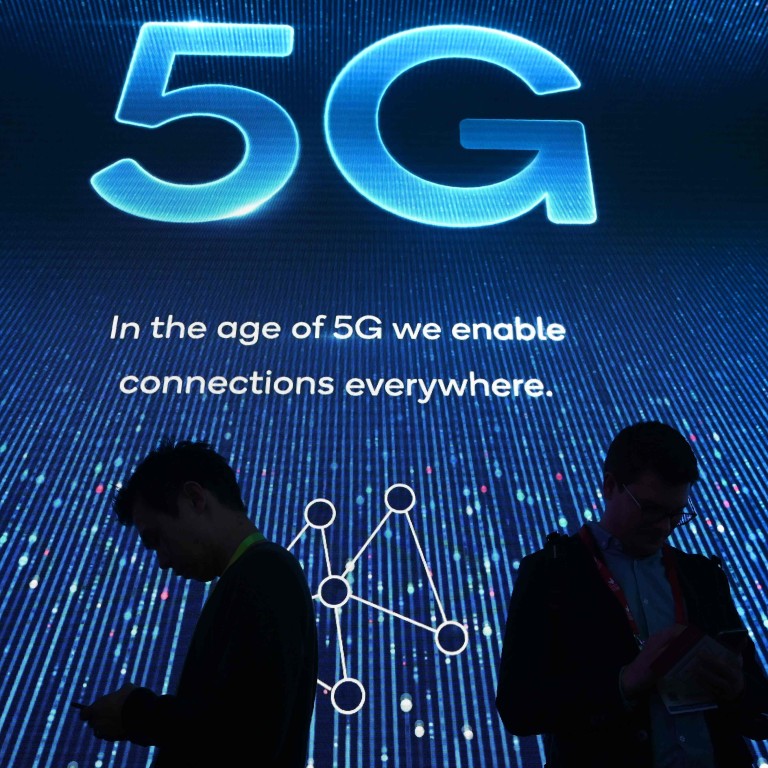
Rather than bicker, world must cooperate on 5G
- Keeping out competition, as the United States is doing with Huawei, will deny markets the best possible technology
The fifth generation of wireless innovation, known as 5G, has not been given the best publicity thanks to paranoia and politics. A United States-led campaign to discredit a competitor and leader in the technology, China’s Huawei, has coloured discussion with concerns about security and the threat of spying.
No such dangers to the firm’s equipment and software have been identified despite lengthy independent analysis, making clear the continued fearmongering is being driven by politicians. Rather than pushing protectionist and point-scoring agendas, they need to focus on providing their nations with the best possible networks so that benefits can be tapped.
China is doing just that, being well on the way to preparing for the rolling out of networks next year. With the internet of things in mind, innovators and planners are looking to smarter cities, companies that operate more efficiently and effectively, and everyday items that have greater connectivity and flexibility. Those will be enabled by 5G, with internet download speeds multiple times faster, communication with many more devices at once, and the ability to send and receive information closer to real time than ever before.
An indication of the possibility was on show in March, when the nation conducted its first long-distance surgery with robots, a surgeon implanting a stimulation device into the brain of a Parkinson’s disease patient in Beijing using robotic arms controlled from about 3,000km away.
Being able to carry out delicate, long-distance operations is only one aspect of what 5G offers; it is the foundation of our digital future. Households will be altered through inter-connectivity of equipment, industries made more timely and cost-effective, the economy from banking to shopping will be transformed and transport and city management revolutionised.
Driverless cars may be one of the biggest breakthroughs, 5G making possible the superfast sending of precision data between vehicles so that they do not collide and they can communicate with road sensors and traffic lights and surveillance drones.
Hangzhou, one of China’s technology hubs, offers insight into how cities of the future will be managed. Already, systems alert police when accidents occur, traffic moves smoothly through integrated signals that keep track of flows, and emergency vehicles arrive as quickly as possible through not being held up by red lights.
Security of networks to keep them safe from hackers will be no different with 5G than the present 4G. Systems and equipment, no matter who makes them or where they are from, need to be constantly checked and monitored and improved. Keeping out competition will deny markets the best possible technology. Given the importance of 5G to the future, governments and companies need to share and cooperate.

